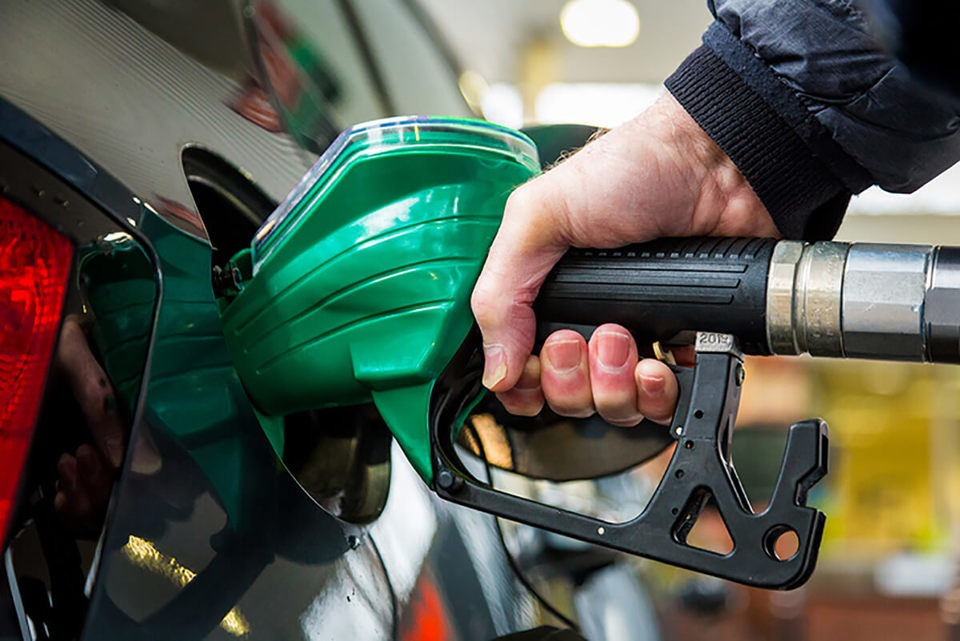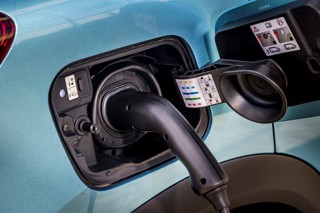An alternative road tax system based on distance travelled to plug an anticipated loss in vehicle-related tax revenues is supported by half (53%) of motorists, research from Venson Automotive Solutions suggests.
More than one-in-five respondents (22%) favoured a nationwide road pricing ‘pay-as-drive’ scheme, with a further 31% saying they would support a ‘road miles’ system, for example, where the first 4,000 miles each year were free before paying a set cost per mile driven.
More than one third (38%) of respondents, meanwhile, preferred the introduction of a new electric vehicle (EV) tax, which could see drivers of heavier vehicles paying higher taxes.
A worrying 27% of the 300 drivers surveyed, however, believed recouping the expected tax shortfall should fall on the shoulders of fleet operators.
Simon Staton, client management director of Venson Automotive Solutions, said: “Whilst it’s not anticipated that plans for a new EV tax will be revealed by the Chancellor in his October Budget, there is pressure on him to outline a 10-year trajectory to establish a financially viable means to achieving zero emissions in the UK.
“Our survey findings confirm an understanding by the public that some sort of EV tax or related user charges will be necessary, which should offer Government assurances that people are mentally preparing to make the switch, if they haven’t done so already.
“A favourable tax regime, together with a raft of new models and significant growth in the charging network, will play a vital part in accelerating our journey along the road to zero.”
With the sale of new internal combustion engine (ICE) cars and vans ending from 2030 and hybrids from 2035, and the Government consulting on a ban on new diesel trucks from 2040, the Treasury needs a plan to plug a potential £30 billion shortfall from road taxes, including fuel duty.
The Government is understood to be considering road pricing as a potential alternative, with vehicles charged per mile driven. However, when fleets were asked about the potential change to vehicle taxation earlier this year, opinion was divided.
Fewer than half (45%) of the respondents to the Fleet News survey said they were in favour of an alternative pay-as-you-go taxation scheme based on miles driven. More than a third (36%) said they were not.
MPs on the transport committee launched an inquiry into road pricing in December; it has yet to publish its findings.

























adamrollins - 21/09/2021 13:15
Not sure where I stand with per mile road use charges. However, providing a free mileage allocation to drivers may seem like a way not to penalise low mileage drivers, but is it really fair? Currently low mileage users may pay he same RFL for their vehicle as any other driver of a similar vehicle, which may seem punative, but this is a small proportion of the overall taxation a driver pays to use the car. Obviously the larger part of the cost is the duty and VAT on fuel used. This is effectively a charge on a cost per mile basis. So why should this be changed in favour of the low mileage user? Business users may also want to think about how the free mileage allocation can be split between business and private mileage. Will it really be first x000 miles? Any driver with high business mileage will lose out on their free mileage allocation, making the cost for their personal mileage disproportionate. What if drivers keep changing company cars? Does the allocation go with the person or the car? What about pool cars? What about hire cars? What if the driver has a change of company? They may have used up their mileage allocation commuting to and driving for company A, which would mean that their business mileage at company B would be expensive.In any of these cases, how would free mileage then be applied?